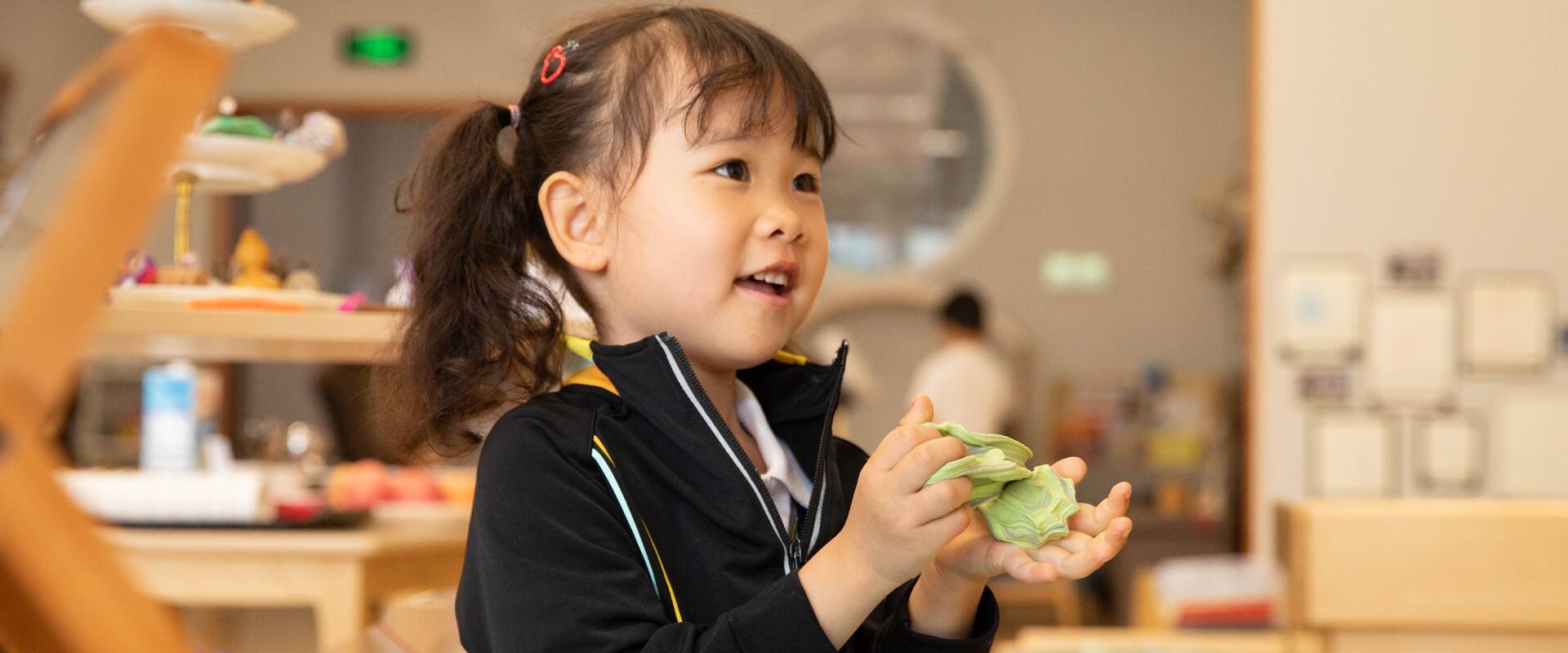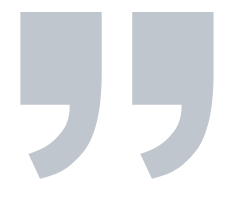
Everyone in the education field has their own perspective on what ‘inclusion’ means, for staff at Huili Nursery Hangzhou, inclusion in the early years is about our everyday practice and the environment we create to ensure that everyone has a sense of ‘belonging’ stemming from our children and their parents to staff and any others connected to our community.
Click to view the Double Nine Festival Celebrations
Inclusion is sometimes specifically applied only to those children identified as having special educational needs, learning in mainstream settings. However, it has a much broader meaning and applies to the practices, attitudes and, above all, values that create early childhood communities where everyone feels safe, comfortable, that they ‘belong’ and can contribute.

Early education – at its best – is ‘inclusive education’ because of the emphasis, in practice, of identifying and meeting the individual learning needs of all young children.
- Cathy Nutbrown
“Every child is unique”
This key principle of the EYFS is a driving factor behind our curriculum and decision-making that ensures diversity and inclusion across the school enabling us to strive to meet all our children’s needs. Diversity can be defined as encompassing individual differences such as culture, language, location, economics, learning, abilities, and gender. Broader diversity constructs can be presented such as diverse abilities, diverse learners, and learners in diverse classrooms, all of which every school has. What is defined as important in inclusive education can vary from culture to culture, society to society, setting to setting and even practitioner to practitioner.

The importance of inclusive practices, equality of opportunity and access to the educational provision is a matter of constant discussion, which is something we do regularly at Huili Nursery Hangzhou to ensure our children are accessing the very best education and every child’s unique identities are being catered to. Research shows that inclusive education should include many more considerations, such as social, political, economic, cultural, and English as a second language. This is something we take pride in demonstrating and ensuring our children, families, staff, and the wider community are recognised as an important part of our school culture due to our carefully constructed bilingual and co-teaching model, which allows international cultures to be brought together and for quality learning to take place in both English and Chinese.


One of the Huili identities is the word, Inclusive;
“Wellingtonians will leave the College with the moral values and social conscience to serve others and do good in life. This inclusivity includes a strong pride in coeducation, and a commitment to understanding and appreciating our place as global citizens.” Everywhere you look around our environment you will be able to identify opportunities to be unique, diverse and demonstrate one individual self, which in turn allows every child, parent and staff member to feel a sense of belonging and be part of a supportive and collaborative community ensuring our children not only ‘do well’ but thrive and become successful in all areas of their lives as they continue their journey with us.
Inclusive, good-quality education is a foundation for dynamic and equitable societies.
- Desmond Tutu